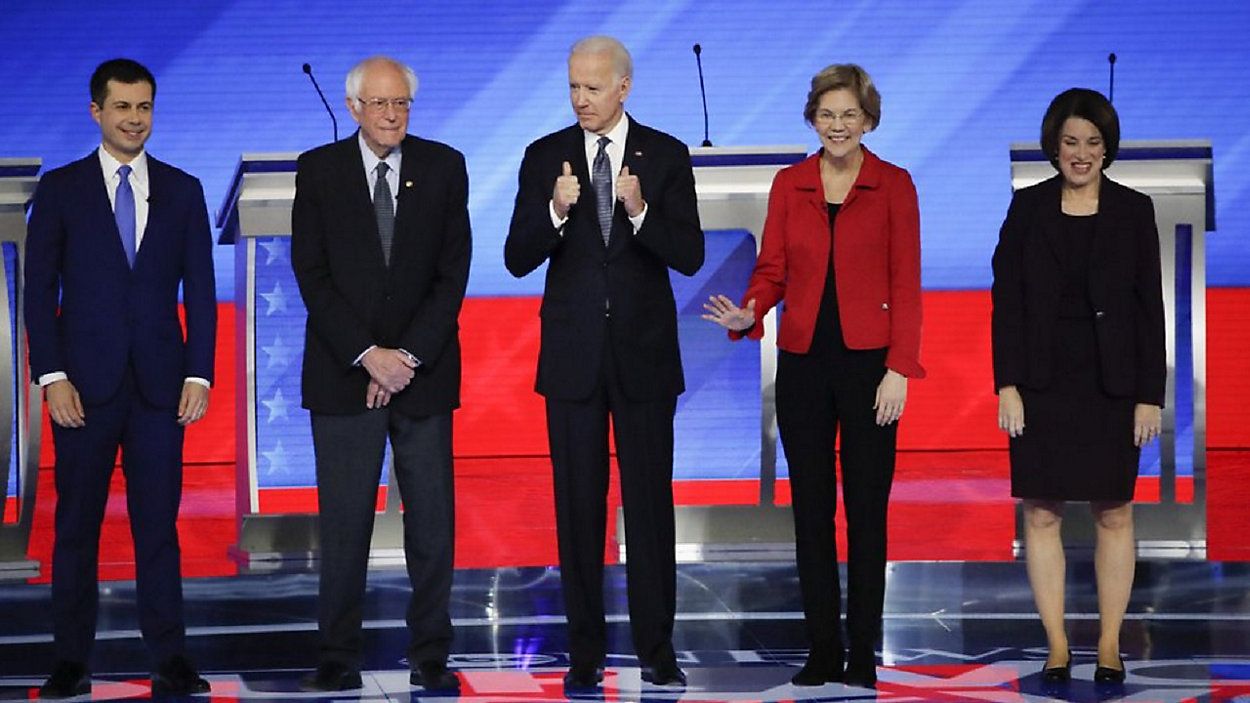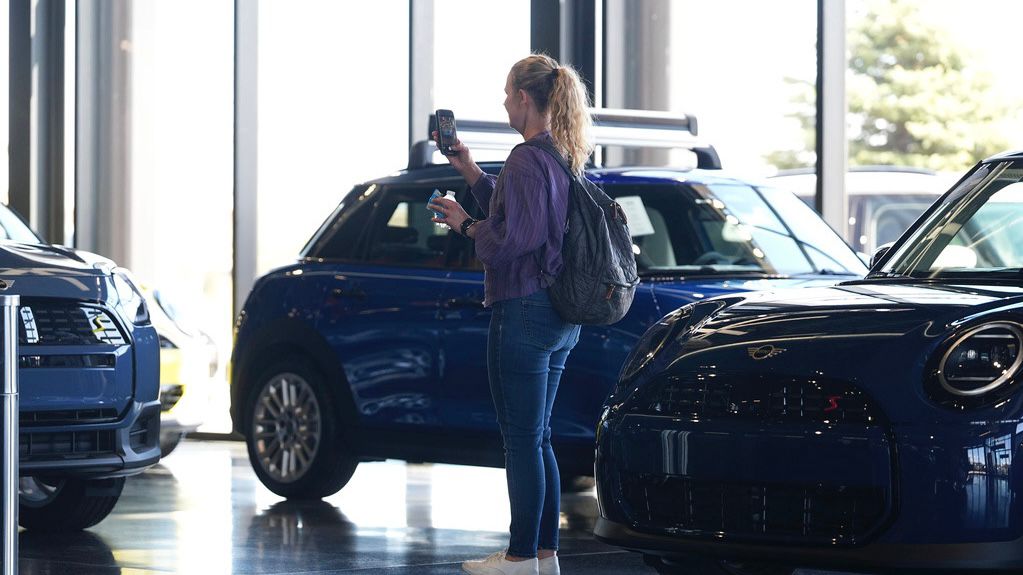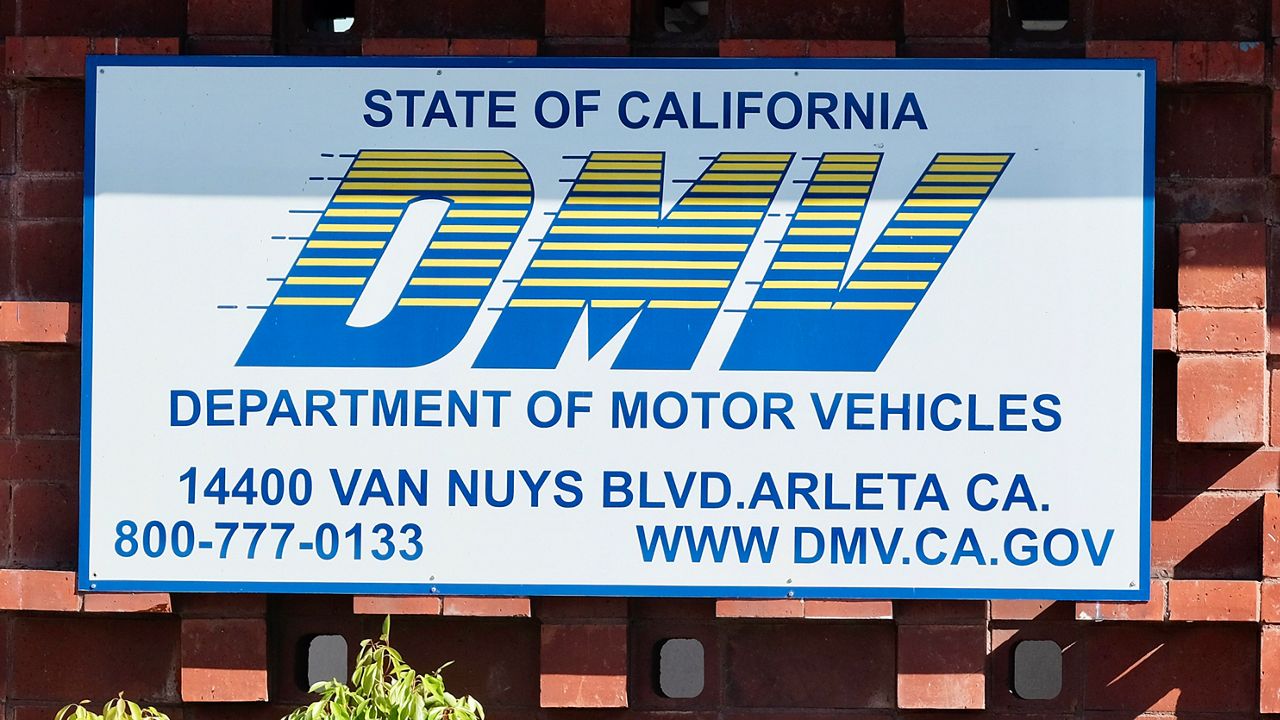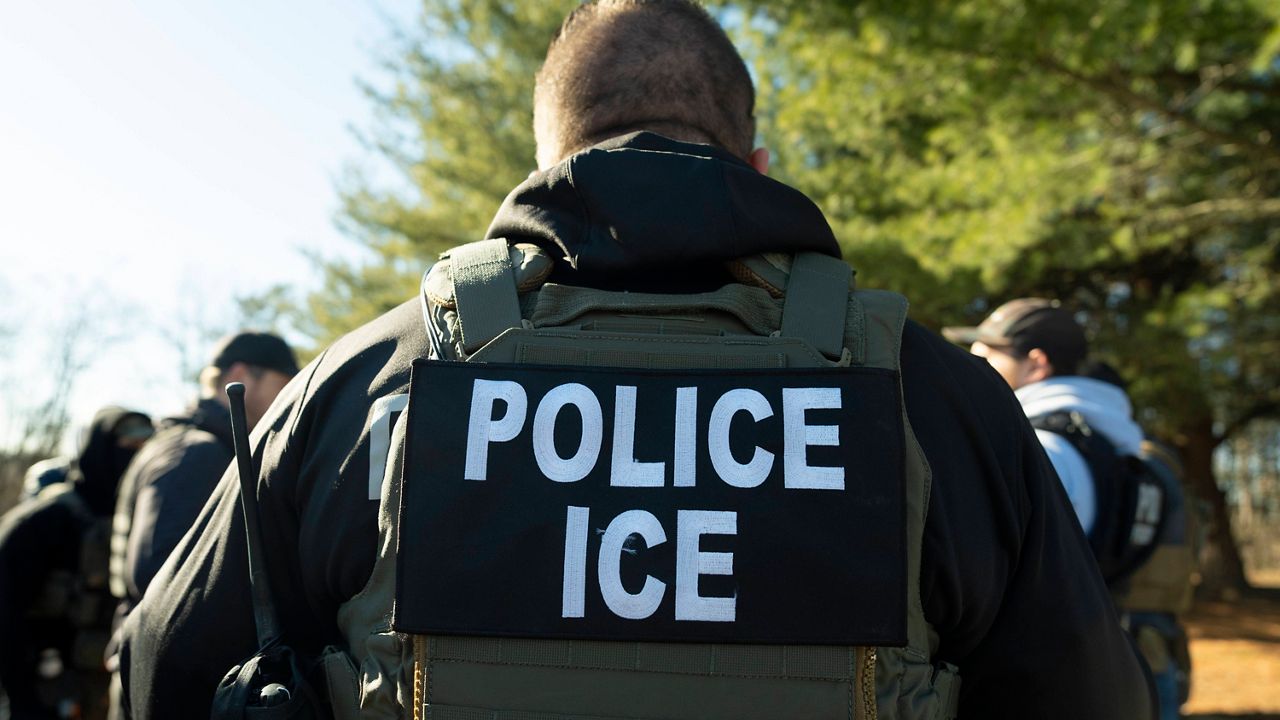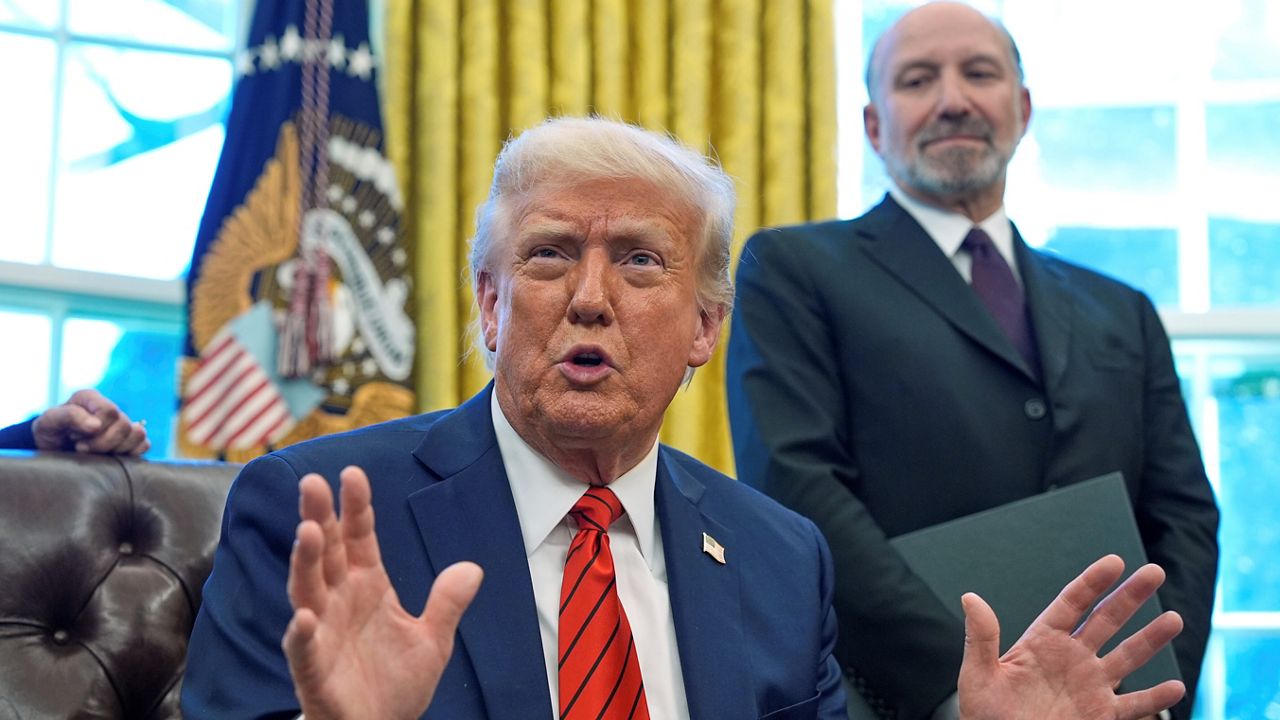The ninth Democratic presidential primary debate lands Wednesday in Las Vegas with a new candidate on the stage: former New York City Mayor Michael Bloomberg.
The addition of Bloomberg will likely shake up the debate dynamic and also the questions.
MORE ON 2020 ELECTIONS:
- OC Registrar of Voters Wants to Ensure Vote Counts Are Accurate
- Voting Guide for Southern Californians
The two-hour debate will take place at the Paris Theater, starting at 6 p.m. PST. You can hear from our panel of undecided SoCal voters at 8 p.m. on Spectrum News 1.
Why This Debate Matters
The Nevada caucus on February 22 could give us an idea of where the primary season is headed for the candidates. In terms of delegates to the Democratic National Convention, former South Bend Mayor Pete Buttigieg and Sen. Bernie Sanders are the clear frontrunners with 22 and 21 delegates, respectively.
But those come from the results of the Iowa caucus and New Hampshire primary, in states with less diverse demographics. Nevada and South Carolina, the next two states on the calendar, have larger percentages of minorities in the electorate. Candidates like former Vice President Joe Biden are hoping for a better turnout in these states.
That makes the Nevada debate, and the debate on February 25 in Charleston, South Carolina, crucial to how the candidates are perceived and how their policies are received by a larger audience going forward.
California's presidential primary election will then be on March 3.
How Did Candidates Qualify for the Debate?
To qualify for this debate, a candidate must do one of two things:
- Have at least one pledged delegate from Iowa or New Hampshire.
- Or they can meet polling requirements, which are:
- Receive 10 percent or more support in at least four polls (a combination of national or single-state polls in Nevada or South Carolina);
- Or receive 12 percent or more support in two qualified single state polls South Carolina and/or Nevada.
This is a change in the debate rules, which originally had a grassroots donor threshold requirement. That rule was dropped to let Bloomberg get into the debate, since he is self-funding his campaign.
Six candidates have qualified so far: Buttigieg, Sanders, Biden, Bloomberg, plus Sens. Elizabeth Warren and Amy Klobuchar.
Tom Steyer and Rep. Tulsi Gabbard have until 11:59 p.m. Tuesday to qualify for the debate.
What Can We Expect to See in the Debate?
Buttigieg vs. Sanders: With these two candidates as the current frontrunners, expect to see more attention paid to the stark differences between their policies on an array of policies, like health care reform and college tuition. They’ll also likely continue attacks that are red meat to their followers: Sanders painting Buttigieg as “Wall Street Pete” with billionaire supporters, while Buttigieg points out Sanders’ divisiveness and the aggressiveness of his followers online.
The Bloomberg Factor: This will be Bloomberg’s first debate, but he won’t even be on the ballot in the Nevada caucus, or even the South Carolina primary. Bloomberg has spent hundreds of millions on ads and has campaigned in more than two dozen states (where he usually does not take questions from voters), which has helped him rise steadily in the polls. But his first official primary won’t be until Super Tuesday in March.
However, Wednesday will be the first time voters will be able to compare him to other candidates. It will also be the first time he’ll have to answer questions and respond to attacks.
He’s a fresh face on the debate stage, so we should expect to see more questions directed at Bloomberg’s past and his current policies and comments. Expect his “stop-and-frisk” policy as New York City mayor to get talked about, along with his work funding gun control campaigns and candidates.
Comeback Attempts: Support for Vice President Biden and Sen. Warren continues to fall, with both candidates having less than 10 delegates, and getting no delegates in New Hampshire. Biden especially is looking to larger, more diverse states to help him stay in the race, and Nevada and South Carolina are harbingers of what is to come for his candidacy.
Biden is still ahead in the polls in South Carolina, and both Biden and Warren are polling high in Nevada. A good showing in this debate could help them keep hope alive.
Climbing Klobuchar: Sen. Amy Klobuchar is feeling some momentum coming out of New Hampshire. Unlike Biden and Warren, she was one of the three candidates who came out of the primary with pledged delegates, besides Buttigieg and Sanders – six of them. She is also benefiting in the debates from having fewer candidates on stage.
Information from the Associated Press was used in this report.






